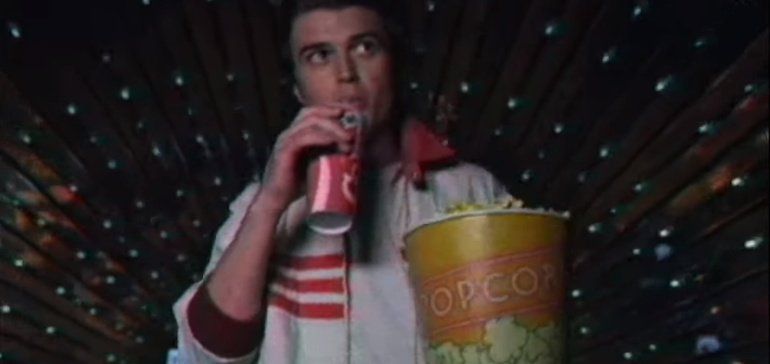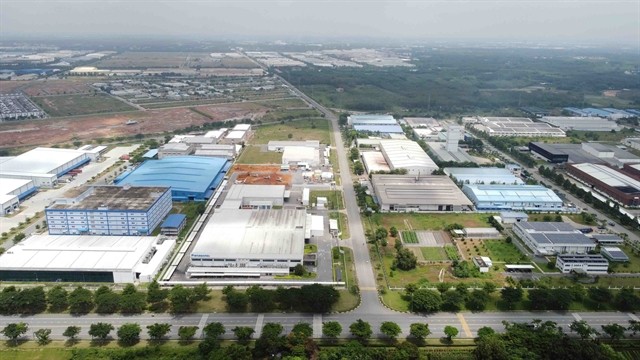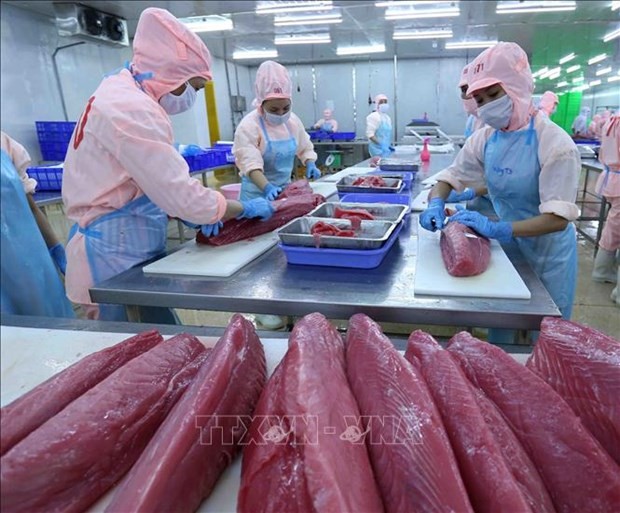Why New Coke is back
Coca-Cola plans to feature its decades-old beverage flop in "Stranger Things." But the reason behind the move and why '80s mania has become a force in pop culture isn't nostalgia alone.
New Coke is back.
Surprise, surprise! '80s mania has been a force in pop culture for years. From the "hey, remember this?" humor of shows like Seth MacFarlane's "Family Guy" to the more general nostalgia that's driving Stephen King-meets-"Goonies" adventure horror show "Stranger Things," there's certainly a cultural zeitgeist that's all about a decade we once cringed at.
Now we're at the point where Coca-Cola is temporarily reviving the long-reviled New Coke as a marketing tie-in with the Netflix series. And while it's tempting to look at this through the lens of the 25-year nostalgia cycle, I suspect there's something a bit deeper at play; something that goes beyond a simple remembrance of things past; and something marketers who want to tap into this cultural moment need to know.

Part of the role of nostalgia in popular culture is to use it to make sense of the present. Film critic Lindsey Ellis discussed an idea she calls "deconstructive nostalgia" that uses the tropes, concerns and worries of the past to shine a light on modern concerns. It's all over our media around the '80s — not just with longing for bedazzled denim jackets, Z. Cavariccis and the music of Debbie Gibson — but with a keen eye cast on anxieties surrounding child abduction, institutional breakdown and nuclear annihilation.
So what does all of this have to do with New Coke? How do we get from nuclear annihilation to soda?
It's a connection marketers must grasp lest you only use nostalgia as set dressing for cheap points. If you want people to respond, you have to understand what they're really responding to. There's a reason the '80s boom has been embraced by a generation too young to have meaningfully experienced the decade, and it's certainly not nostalgia.
The power of the era — and the power of this era's emotional connection to it — lies in the confluence of several factors, not the least of which is the sense of global upheaval and transition that accompanied the last years of the Cold War, when risks to public health were a cataclysmic concern and when the U.S. as a whole was gripped with intense political polarization amidst fears of decline. The '80s were steeped in fear, so it's not surprising how much of our pop culture revival of those days now centers on horror. One need only look at the cultural dominance of slasher movies grounded in the social anxieties of young people at the time.
We see it all over the two biggest exemplars of our modern '80s revival, "Stranger Things" and "It," and the encounter with annihilation and the determination to do something about it when adults are powerless. It speaks to a commitment to survival, to gritty determination to continue in the face of overwhelming challenges. And it speaks to the need for comfort.
Which is where New Coke fits in.
New Coke is the flipside of the era, a kitschy byproduct of that colossal waste of social energy called the Cola Wars. Amidst the same or analogous challenges, the unique position something like New Coke inhabits is something akin to warm cookies on a cold day: it reminds us that not everything is cold. So it's actually pretty sensible that Coca-Cola, in a joint-marketing opportunity with Netflix, chose to go the route of reviving what was once little more than an iconic failure and object of ridicule in an ill-fated attempt to one-up Pepsi by burning its core product to the ground.
New Coke is a symbol of a willingness to do anything, go anywhere or do whatever it takes to succeed. New Coke is struggle, failure and revival all at once. In short, New Coke takes the fear of the '80s and turns it on its head. It's not just that it's goofy; it's that it's goofy on purpose, a reminder that the '80s may have been about Cold War paranoia and the threat of existential demise, but it all worked out in the end.
Even Coca-Cola survived the Cola Wars. And if Coca-Cola can bring back New Coke in 2019, the sugary drink-equivalent of rickrolling the world, maybe we'll get through our crisis, too, and be able to laugh about it in 25 years.
Source: marketingdive.com



 Print the article
Print the article


